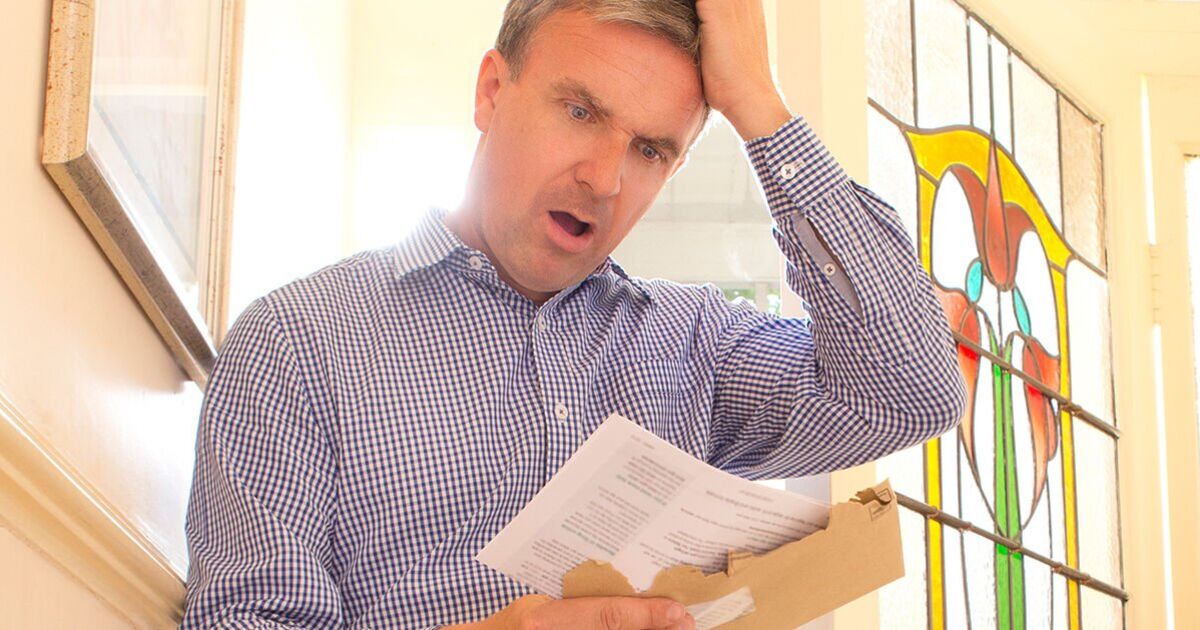
Drivers have been warned they could get an £1,000 fine or their vehicle could be seized if they commit a particular offence. The Government was asked in Parliament if it had considered any changes to the penalties available for fly-tipping.
Department for Environment Food and Rural Affairs minister, Mary Creagh, said in response: “We have committed to forcing fly-tippers and vandals to clean up the mess they have created. This will build on the sanctions already available which include fixed penalty notices of up to £1,000, seizing of vehicles and prosecution which can lead to a significant fine, a community sentence or even imprisonment.”
She further explained that how fly-tippers are prosecuted is a matter for courts. Turning to the question of what further sanctions could be brought in, Ms Creagh said: “We do not intend to carry out any further assessment of criminal sanctions for fly tipping.”
The maximum fixed penalty notice amount you get for fly-tipping was increased in July 2023, going up from £400 to £1,000. But sanctions can be far greater for larger fly-tips, as you can get fines up to £50,000 or imprisonment up to 12 months if sentenced at a Magistrates’ Court.
In more serious cases at a Crown Court, you could get a fine of any amount and be sentenced to up to five years in prison. You can report an incident of fly-tipping on the Government website.
Ms Creagh added in her response: “We encourage councils to make good use of their enforcement powers, and we are considering if further guidance is needed.” You can also get a fine up to £600 if you do not take care to properly dispose of waste.
Fines can vary depending on the local authority and you may be able to pay a reduced amount within a certain number of days. In the 2022/2023 financial year, some 69,000 fixed penalty notices for fly-tipping were issued in England, down from 91,000 the year before.
There was a total of 1.08 million incidents reported, with around 60% of fly-tips involving household waste, with the most common place for incidents on highways, where rubbish is dumped on the pavement or on the road. Some 42,000 of the total incidents were of a larger ‘tipper lorry load’ size, costing £13.2million for local authorities to clear up.
Baroness Warsi, former Conservative Party chairwoman, recently said fly-tipping sanctions should be expanded so offenders could get points on their driving licence.
She told ITV: “If we have a sense of national pride, if we want to have some sense of belonging in this country that we all share, then we have to have a national strategy on rubbish and fly-tipping. It cannot go on like this.”
She suggested one measure could be that if a person visits a drive-through fast food outlet, their registration number could be printed on the bag, so if it ends up littering the side of the road, the culprit can be identified.



















